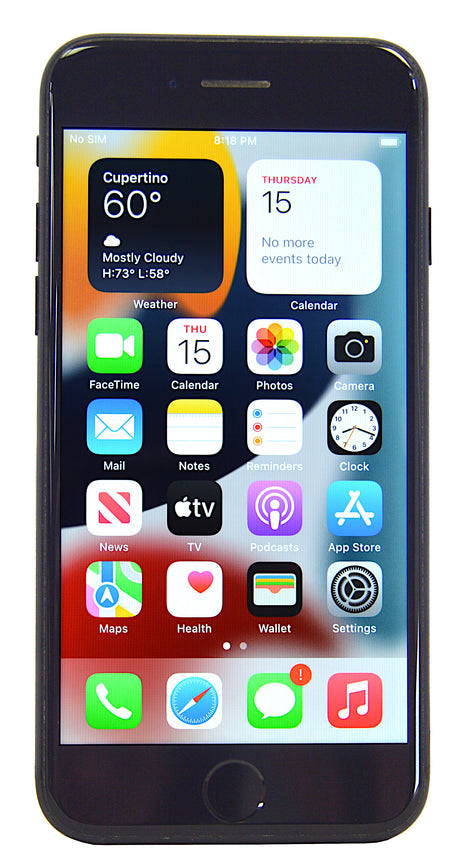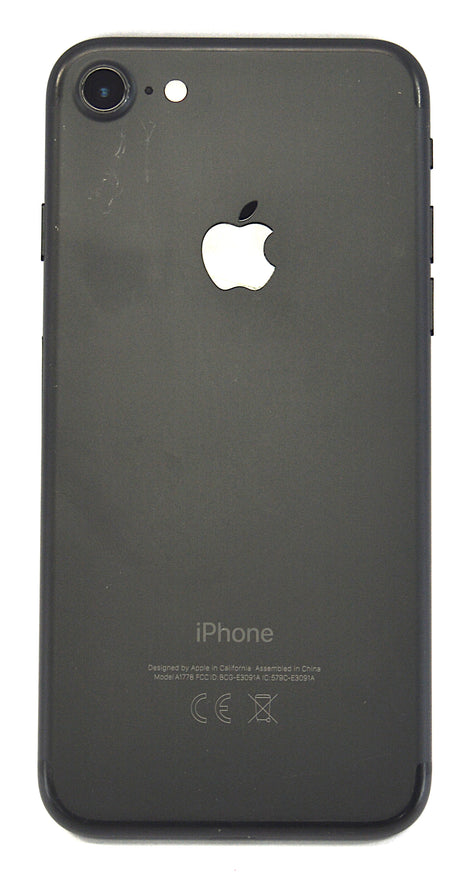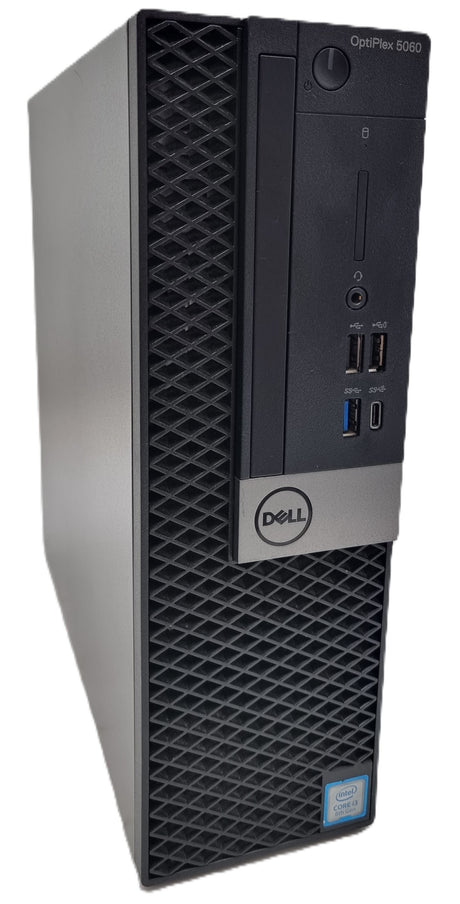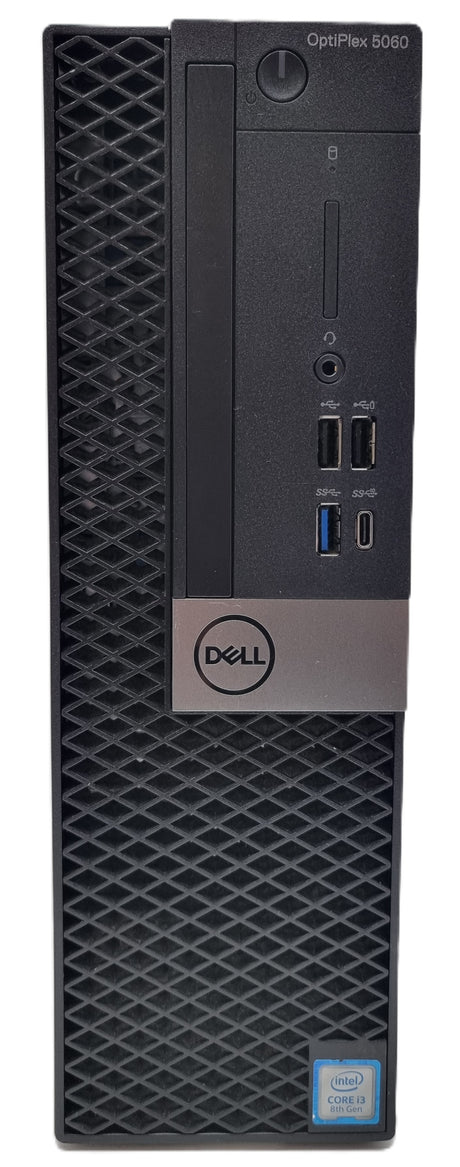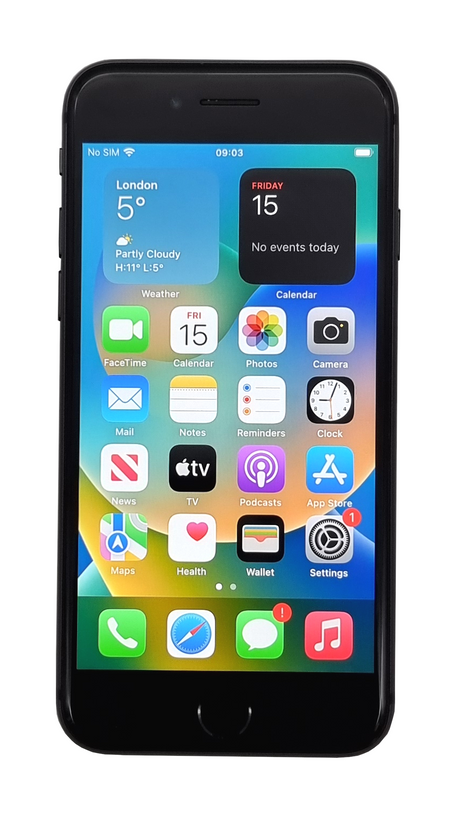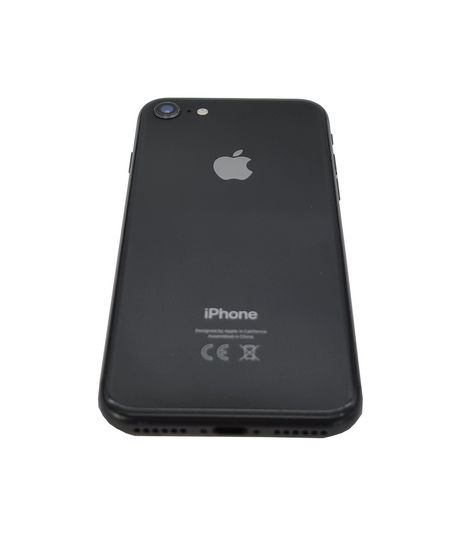Important News for Windows Users:
On October 14, 2025, Microsoft will officially end support for Windows 10. This means no more
security updates, bug fixes, or new features. If you're still using Windows 10 on an older device, now is the time
to upgrade — not by software, but by hardware.
What Does This Mean for You?
If your device is a pre-8th generation device, it won't support Windows 11 and will reach its end of life by October 2025. After this point, your system becomes vulnerable to threats, with no further updates or security patches available. Unless you purchase an Extended Security Updates (ESU) option for consumers, available for a one-year option for $30, which noone wants to do.
To stay secure and up to date, we strongly recommend buying a refurbished 8th gen or higher device that fully supports Windows 11.
Windows 11 Compatible Devices
Why Choose Windows 11?
- Enhanced security features to protect your data
- Faster performance, longer battery life, and smoother browsing
- Access to modern AI tools and the latest features
Minimum System Requirements for Windows 11:
- Processor - 1 gigahertz (GHz) or faster with 2 or more cores on a compatible 64-bit processor or System on a Chip (SoC).
- RAM - 4 gigabytes (GB)
- Storage - 64 GB or larger storage device.
- System firmware - UEFI, Secure Boot capable.
- TPM - Trusted Platform Module (TPM) version 2.0.
Most older devices won't meet these requirements — especially those running Windows 7, 8.1, or early Windows 10 upgrades.
Why Buy a Refurbished 8th Gen+ Device?
- Cost-effective: Get modern performance at a fraction of the cost of new device.
- Eco-friendly: Reduce electronic waste and give quality tech a second life.
- Windows 11 ready: Fully compatible with the latest Microsoft updates and features.
Take Action Before It's Too Late
Devices older than 8th gen will be unsupported by October 2025. Don't wait until your device is obsolete and insecure.
Upgrade the smart way — choose a device that's built for the future.


